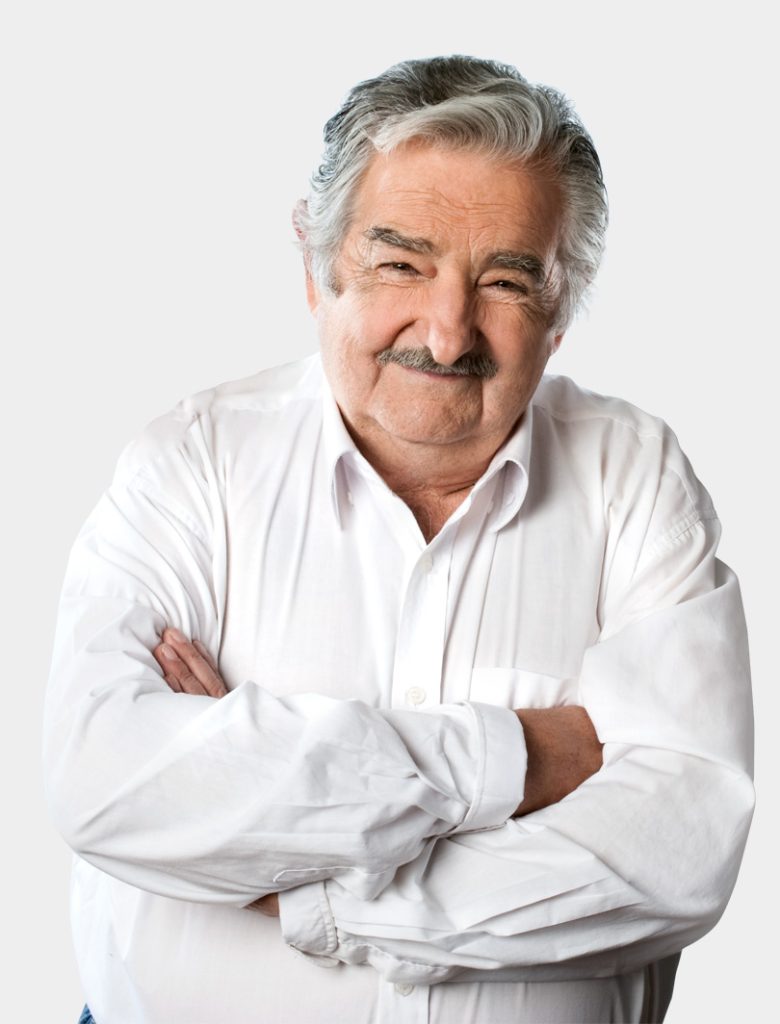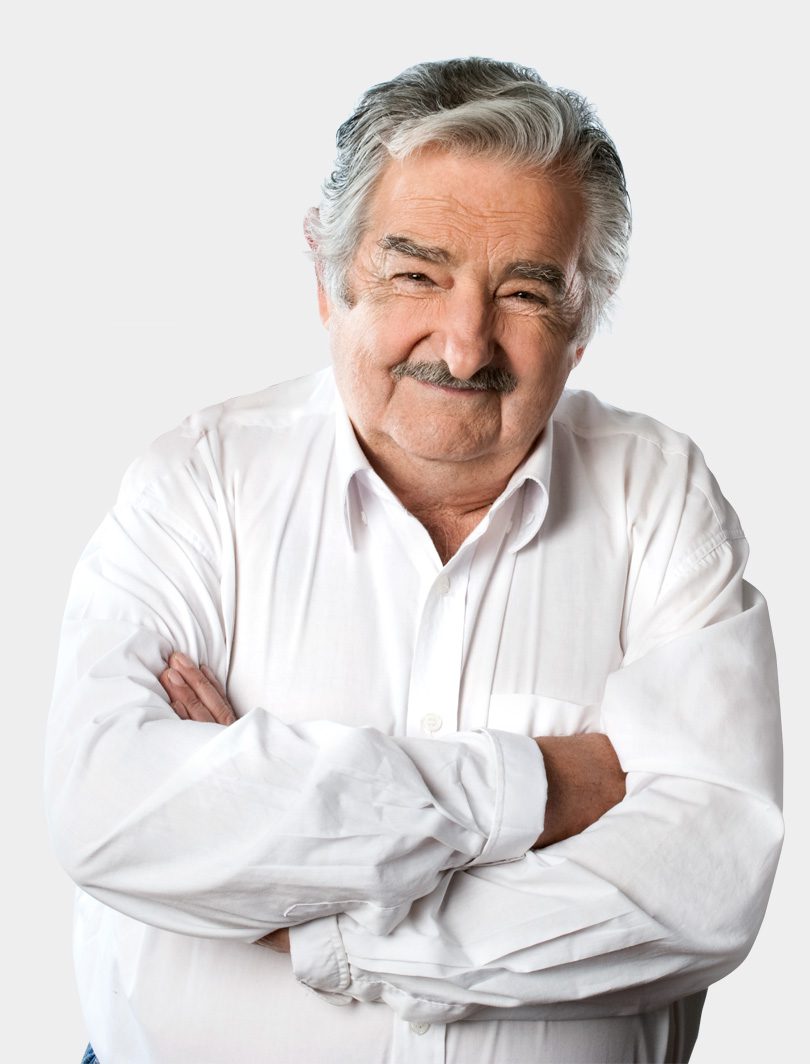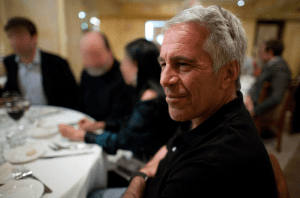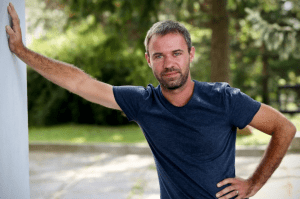Former Uruguayan president José Mujica, famously known as the “world’s poorest president,” has died. His legacy of humility, resilience, and revolutionary leadership remains unforgettable.

José Alberto Mujica Cordano, Uruguay’s former president and global symbol of political humility, has died. Affectionately known as “Pepe” Mujica, the revolutionary leader left behind a legacy built on modesty, resilience, and unwavering principles.
Serving as president of Uruguay from 2010 to 2015, Mujica captured the hearts of millions—not just through policy, but by living the values he preached.
A Life Forged in Struggle
Before politics, Pepe Mujica was a guerrilla fighter. He survived multiple gunshot wounds, torture, and 14 years in prison, many of them in solitary confinement. Despite this brutal past, he emerged without bitterness—only conviction.
He later described the day of his release as the greatest moment of his life. In contrast, becoming president was “insignificant,” he once said.
Presidency With a Purpose
Mujica’s five-year presidency redefined leadership. He chose to donate 90% of his presidential salary to charity, lived in a humble farmhouse, and drove an old Volkswagen Beetle. This lifestyle wasn’t performative—it was the embodiment of his beliefs.
While in office, he legalized same-sex marriage, abortion, and marijuana, positioning Uruguay as a progressive model in Latin America.
Loved at Home and Admired Abroad
Known as the “world’s humblest leader,” Mujica earned admiration from political opponents and allies alike. His honesty, directness, and rejection of luxury made him a rare figure in modern politics—a man of the people in both symbol and substance.
Global media, including the BBC and international outlets, often spotlighted Mujica for his radical authenticity. His speeches at the UN and interviews with international press reflected a philosopher’s mind and a revolutionary’s soul.
A Legacy of Humility
Even after leaving office, Mujica remained committed to social causes. He rejected honors, declined presidential pensions, and urged young people to focus on simplicity, purpose, and justice.
In an era of political showmanship, Mujica offered something deeply human: sincerity.
His death marks the end of a turbulent yet inspiring life—but his example will continue to guide those who believe politics can be both powerful and principled.














Comments are closed.